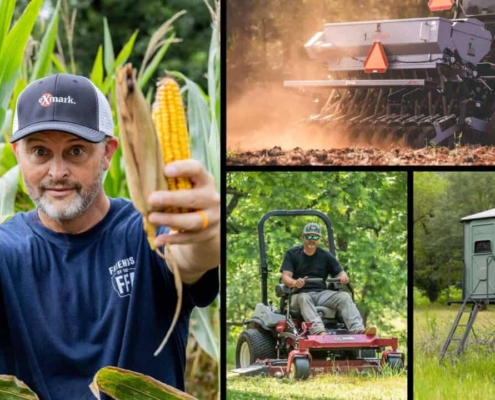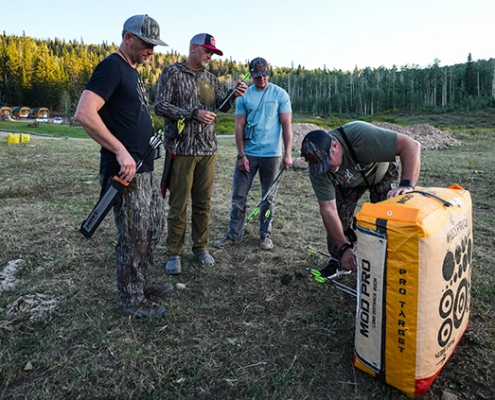Turkey Hunting for New Hunters
For a new hunter – whether new to turkey hunting or the entire concept of hunting for your dinner – it can be intimidating to hunt turkeys. It may feel like you need to learn many skills (e.g., calling turkeys) or need access to premium private hunting land, but those just aren’t true. You can get started hunting turkeys as a new hunter with very little equipment or skills. The more you do it, the more you will learn and improve, and the better turkey hunter you will become. It just takes time and practice. And across the country, you should be able to find some good public land areas where you could hunt turkeys. There might be a little more competition for them, but you definitely don’t need to have your own private hunting lease to hunt turkeys. Consider getting a bike and heading further off the beaten path than others might be willing to go. Here are some reasons why turkey hunting is so accessible and a great pathway for new hunters.
First, turkey hunting is very exciting. Not always, of course – there are moments of no action when the birds aren’t being responsive, because that’s just nature sometimes. But when you hear a tom gobbling from across a field and you can get into a game of cat and mouse by calling back and forth with it, that’s a very addicting feeling. In fact, it’s hard to even put into words how thrilling it is to hear a thunderous gobble in response to a sound you made until you’ve experienced it firsthand. And once you do, it’s almost impossible to not become hooked. Because toms are so vocal during their spring breeding season and often respond readily to your turkey calls, turkey hunting can be very interactive and engaging. That’s important for a lot of new hunters, as they may not have the patience to wait long periods until they’ve experienced the thrill of having a tom come running into shooting range, strutting like he’s putting on a show for you.
In addition, you can learn a lot about hunting in general by being a turkey hunter. Turkey hunting can teach you how to handle a shotgun safely, scout for animals (i.e., turkey tracks, scat, feathers), track their movements, position yourself in an ambush spot, call to and interact with wild animals, and ultimately, take your first shot at a wild animal. If you’re lucky enough to get a bird, processing a turkey is also a very approachable thing for new hunters. If a new hunter were to suddenly have to gut and process a whole deer by themselves, it’s a big lift. But a turkey is much smaller and easier to butcher, whether you choose to pluck the whole bird or just take the breast meat and legs. For that same reason, it’s also easier to prepare and cook a wild turkey than the multiple cuts from a larger animal.
No matter where or what experience level you’re starting from, turkey hunting is a very approachable hunting activity. And after you’ve had a close encounter with a fired-up tom, we challenge you to not be excited to your core.
 https://www.bonecollector.com/wp-content/uploads/2025/09/michael-waddell-deer-season-bow-set-up-archery-advice.jpg
720
1280
Bone Collector
https://www.bonecollector.com/wp-content/uploads/2023/04/bc-logo-white.png
Bone Collector2025-09-19 01:00:002025-09-10 14:50:58Michael Waddell’s Deer Season Bow Setup & Archery Advice
https://www.bonecollector.com/wp-content/uploads/2025/09/michael-waddell-deer-season-bow-set-up-archery-advice.jpg
720
1280
Bone Collector
https://www.bonecollector.com/wp-content/uploads/2023/04/bc-logo-white.png
Bone Collector2025-09-19 01:00:002025-09-10 14:50:58Michael Waddell’s Deer Season Bow Setup & Archery Advice




